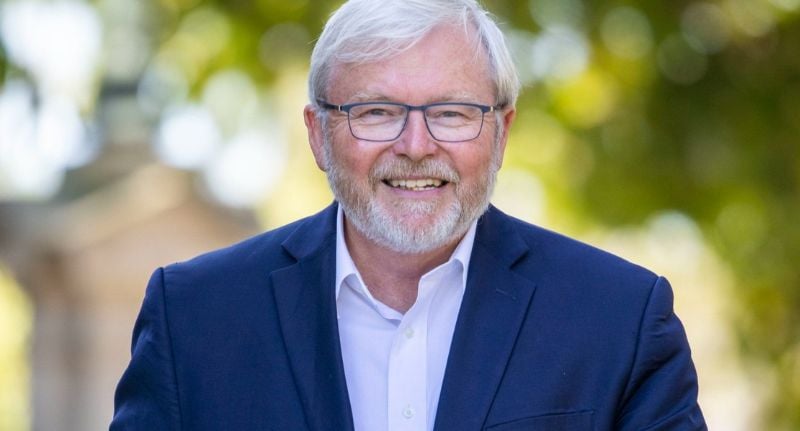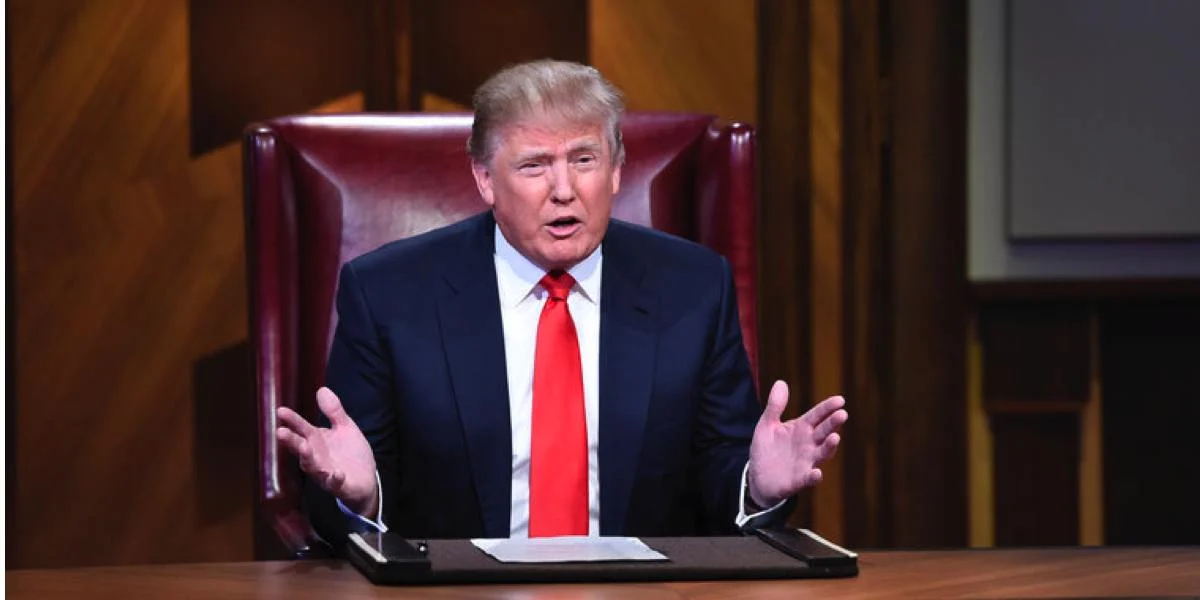Plans to hit US tech giants like Meta and Google with hefty Australian fees for news content have been put on ice as Ambassador Kevin Rudd works behind the scenes to prevent a trade clash with the Trump administration.
The federal government had been gearing up to introduce The News Bargaining Initiative, which will contain a charge on relevant platforms based on Australian-sourced revenue.
However, according to Paul Sakkal and David Crowe at The Sydney Morning Herald, with Donald Trump ramping up his push for new tariffs on imports, including potential hits to Australian goods, officials have opted to delay.
Initially set to kick off in January, the policy rollout has been shelved until US trade tensions cool, according to Herald sources.
Google raised concerns about the proposed tax, cautioning it could jeopardise the viability of its existing commercial deals with local news publishers.

US Ambassador Kevin Rudd.
Google pointed to the rise of alternative platforms like Snapchat, Microsoft, and Apple as increasingly dominant sources of news for Australians. This trend was highlighted by findings from the Digital News Report Australia 2024, which revealed that nearly half (49%) of Australians access news via social media – a 4% increase from the previous year. Among Gen Z, the reliance on social platforms for news has surged by 17% in the same period.
The report highlighted the growing maturity of news consumption on platforms like TikTok and Instagram Reels, cementing short-form video as a key format for younger audiences.
Meta also hit back at the initiative, telling Mediaweek: “The proposal fails to account for the realities of how our platforms work, specifically that most people don’t come to our platforms for news content and that news publishers voluntarily choose to post content on our platforms because they receive value from doing so.”
Despite its ownership of LinkedIn – a platform heavily reliant on Australian news content – Microsoft appears to be exempt from the proposed tax. This discrepancy, Google argues, raises questions about the fairness and effectiveness of the new measure.

US President Donald Trump
Ambassador Rudd is said to be playing a key role in calming Washington and advising ministers on how to move forward without provoking a US trade crackdown.
The news levy aims to fill a $200 million gap left by Meta’s withdrawal. But with an election looming, it’s unclear whether a potential Peter Dutton government would pursue the policy at all.
A government spokesperson insists Labor is “continuing to work constructively with stakeholders”, with major publishers, including Nine Entertainment, set for a briefing soon. However, with economic and political pressures mounting, the fate of the levy remains uncertain.
Meanwhile, local media bosses, eager for a new funding model to offset Meta’s exit, worry the policy could be abandoned altogether if the tariff standoff drags on.
